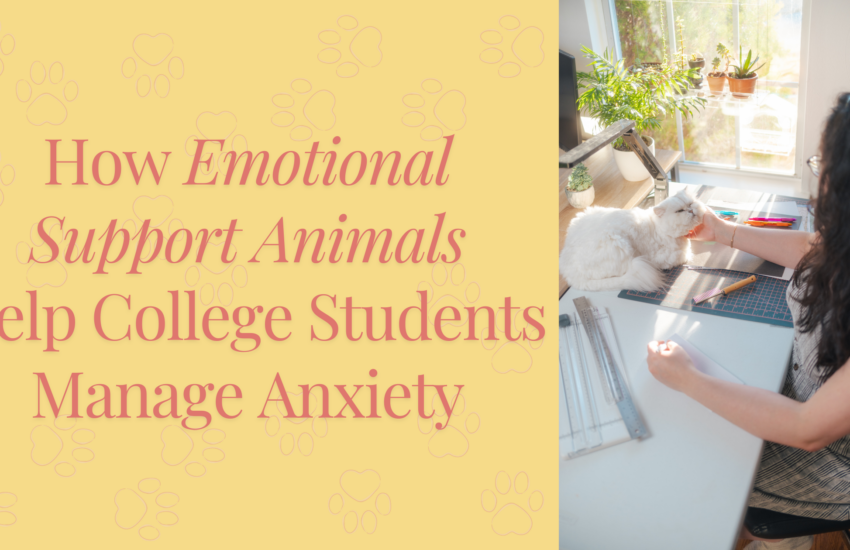Top Family Hamsters for Emotional Support
In recent years, the importance of emotional support animals (ESAs) has gained significant recognition. Families, individuals, and children alike have discovered the many benefits of having an animal companion to help ease stress and anxiety. While many people associate ESAs with dogs or cats, small animals like hamsters can also provide comfort and emotional support. In this article, we will explore the best family hamsters for emotional support, delving into the characteristics that make these furry little friends ideal companions.
Did you know that over 60% of American households own pets? This statistic highlights our intrinsic need for companionship. As people face daily challenges and mental health struggles, the presence of a loving pet can significantly enhance emotional well-being. In particular, hamsters are often a great choice for families due to their manageable size, low maintenance needs, and friendly disposition. Throughout this article, readers will learn about different hamster breeds, their personalities, and how they can play a crucial role in supporting emotional health.
We will cover various aspects including:
- The benefits of having hamsters as emotional support animals.
- A detailed look at various hamster breeds suited for families.
- Practical tips for caring for hamsters.
- Real-life stories from families who have benefitted from having a hamster as an ESA.

The Benefits of Hamsters as Emotional Support Animals
Hamsters are not only cute and cuddly; they also offer numerous emotional benefits to their owners. Below are some compelling reasons why families should consider hamsters as emotional support animals.
Low Maintenance
Compared to larger pets, hamsters require less time and effort to care for. They don’t need to be walked, they eat minimal amounts, and they are generally very independent. This makes them ideal for families with busy schedules.
Teach Responsibility
Owning a hamster can be an excellent opportunity for children to learn responsibility. They can assist with feeding, cleaning, and playing with their pet, helping them develop a sense of ownership and empathy.
Stress Relief
Interacting with pets can decrease stress levels and improve overall mood. Watching a hamster run on its wheel or playfully scurry around can provide moments of joy and laughter, which are essential for emotional well-being.
Top Family Hamster Breeds for Emotional Support
When considering a hamster for emotional support, it’s essential to choose a breed that aligns with your family’s lifestyle. Here are some of the best family hamster breeds:
Syrian Hamster
Syrian hamsters, also known as golden hamsters, are popular for their friendly and calm nature. They usually weigh around 6 ounces and can live up to 2-3 years. These hamsters are solitary creatures and thrive in a larger cage where they can explore freely.
Personality Attributes:
- Affectionate and social with their owners.
- Highly adaptable to handling.
- Low energy, making them easy to care for.
Dwarf Hamster
Dwarf hamsters come in several varieties, including Campbell’s, Roborovski, and Winter White. These hamsters are smaller than their Syrian counterparts and generally weigh between 1.5 to 3 ounces. They are active, curious, and love to engage with their environment.
Personality Attributes:
- High-energy and playful, suitable for active families.
- Can be kept in pairs if introduced correctly.
- More social with each other, ideal for multi-pet households.
Chinese Hamster
Chinese hamsters are slightly larger than dwarf hamsters but smaller than Syrian hamsters. They have a unique, longer-bodied shape and are known for their friendly demeanor. Their life span is similar, averaging around 2-3 years.
Personality Attributes:
- Calm and generally easy to handle.
- Require a bit more patience when being socialized.
- Night owls; they’re more active at night.
Practical Tips for Caring for Hamsters
Caring for a hamster entails providing a safe and stimulating environment for your pet to thrive. Here are some essential tips to consider:
Setting Up the Cage
Choose a spacious cage that allows plenty of room for your hamster to explore. A multi-level cage with tunnels and hiding spots can offer stimulating challenges.
Nutrition and Diet
Feeding your hamster a balanced diet consisting of pellets, fresh fruits, and vegetables is crucial for their health. Ensure they have constant access to clean water.
Regular Interaction
Spend time bonding with your hamster daily to build trust and enhance emotional connections. Gentle handling is key to making them feel comfortable.
Real-Life Stories from Families
Many families have discovered the joy of having hamsters as emotional support animals. Here are some personal anecdotes that highlight their positive impact:
“When our children faced challenges adjusting to a new school, we decided to adopt a hamster. The kids found comfort in caring for their new furry friend, and surprisingly, it helped ease their worries and anxieties.”
“Our Syrian hamster, Bella, has become a part of our family. Every time my daughter feels upset, she cuddles Bella, which seems to brighten her mood instantly!”
Conclusion
Family hamsters bring joy, companionship, and emotional support to households everywhere. Their low-maintenance nature and ability to bond with family members make them an ideal choice for those seeking an emotional support animal. Whether it’s a lively dwarf hamster or a gentle Syrian hamster, these small pets can play a significant role in enhancing emotional well-being.
As you consider adding a hamster to your family, remember to focus on their care and commitment required. Not only can they teach valuable lessons of responsibility, but they can also provide comfort during times of stress. If you’re looking to explore more about emotional support animals, you can read further on this page or this resource.
